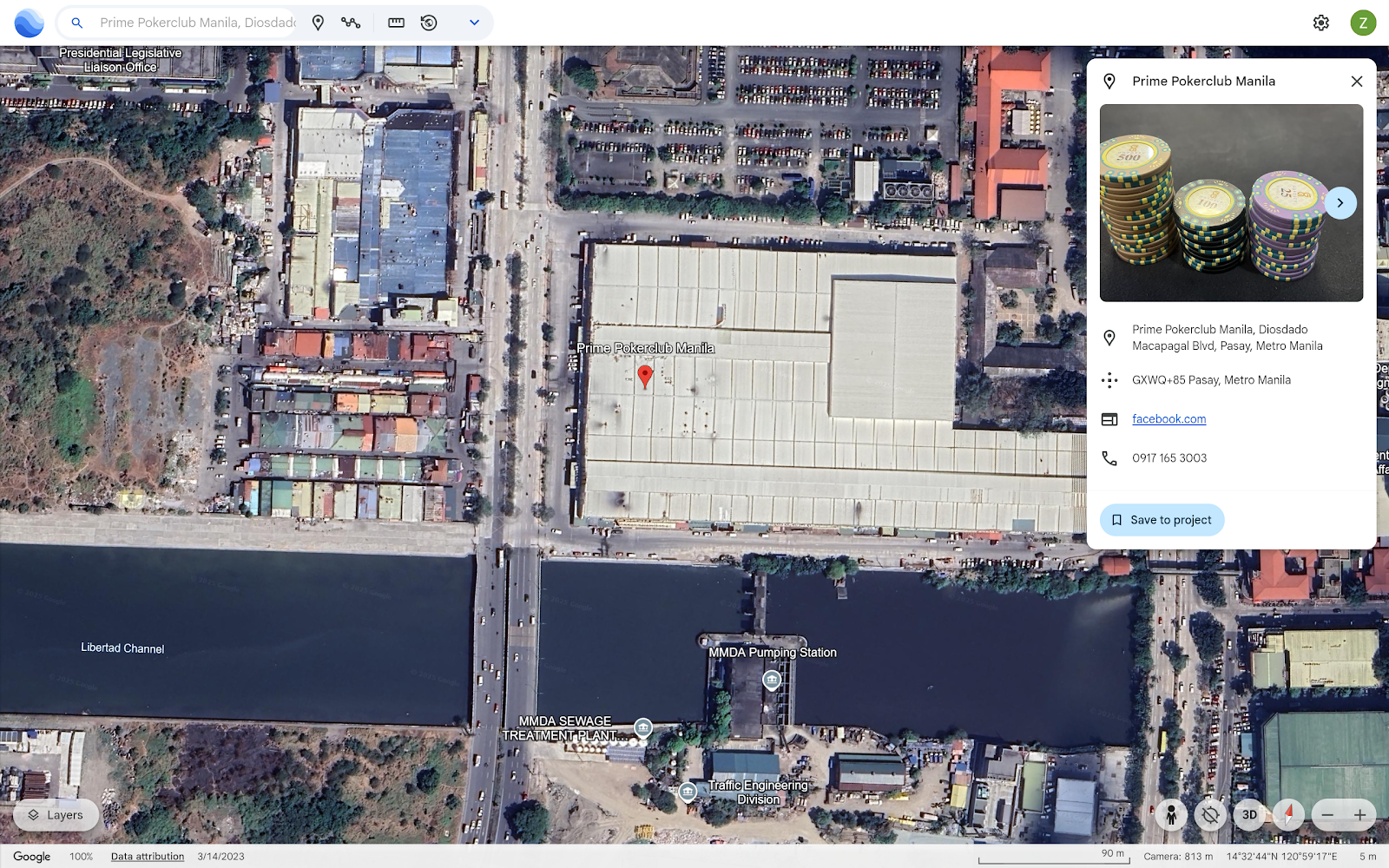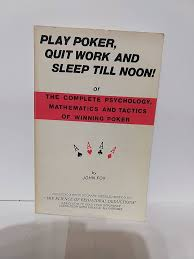How to improve at poker
How does one get good at poker? (Super newbie)
Few useful tips
Learn preflop ranges. The #1 leak low stakes players hands is that they play too many hands and they play their hands regardless or position at the table. By simply playing better hands than they do, you will outperform them significantly.
Learn to isolate. When you play live poker at the low stakes, you end up going multiway a lot to flops. When you are the initial raiser, there's not much you can do about this. What you want to be doing after someone opens is 3betting aggressively. This lets you push people out of the pot and get it heads-up even if people do defend.
Learn when to bluff. At low stakes, it's nearly impossible to get players to fold hands that have a high absolute hand strength (trips or better) and so if your bluff requires them to fold that, it's unlikely to work. A few tips on this. Find spots where your opponent is likely to have a lot of marginal hands (single pair hands without potential to improve). You'll have your best chances here. I like to look at boards that make me uncomfortable with marginal hands and target boards like that with my bluffs.
When normally passive players take aggressive actions, they are almost never bluffing. Be prepared to make big folds when this happens.
Don't sweat the coolers. It's tempting to analyze hands where you got it in KK vs AA or the second nuts into the nuts and figure out where you could have done better. These spots are simply not worth worrying about. Instead, focus on the smaller but more frequent misplays that you may make. Are you floating on flops too much/little? Are you overbluffing draw-heavy boards, etc. etc. There's simply very little to be learned from coolers and there's a lot to learn from more common smaller spots.
Track results. It's impossible to know how you're doing if you're not keeping track.
Then rinse and repeat.



Comments
Post a Comment